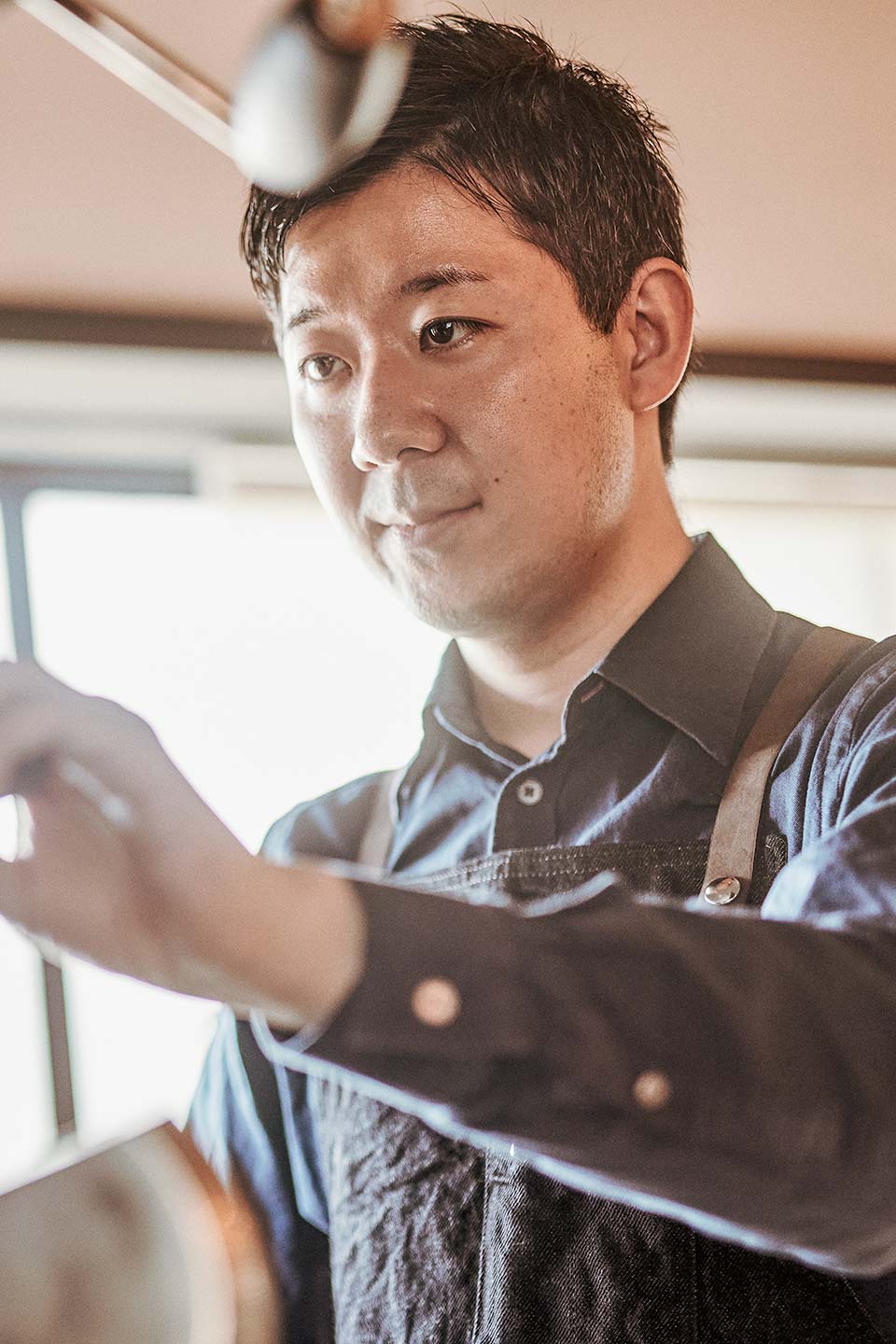
KEYAKI COFFEE
Breaking Limits and Rediscovering Purpose
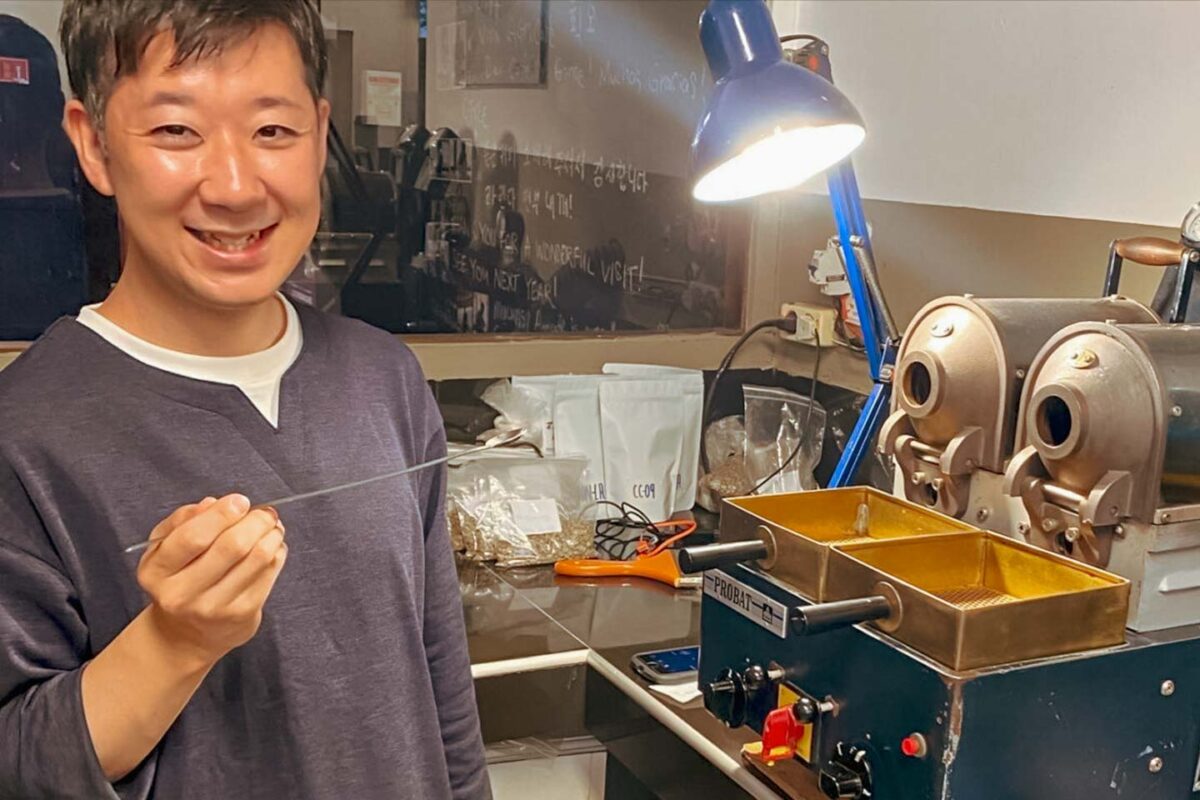
For Yusuke Matsuki from KEYAKI COFFEE in Sendai, northeastern Japan, TYPICA Lab was his first visit to a coffee producing country. When he launched his business in 2016, Yusuke set himself the goal of running ten cafes. Yet despite successfully opening two, he had begun to feel unsure about the direction of his future path. However, this all changed when he decided to make his trip to Bolivia the turning point to set him on a new road. From then on, like a maze unraveling before him, his path became clear and he knew where he was headed.
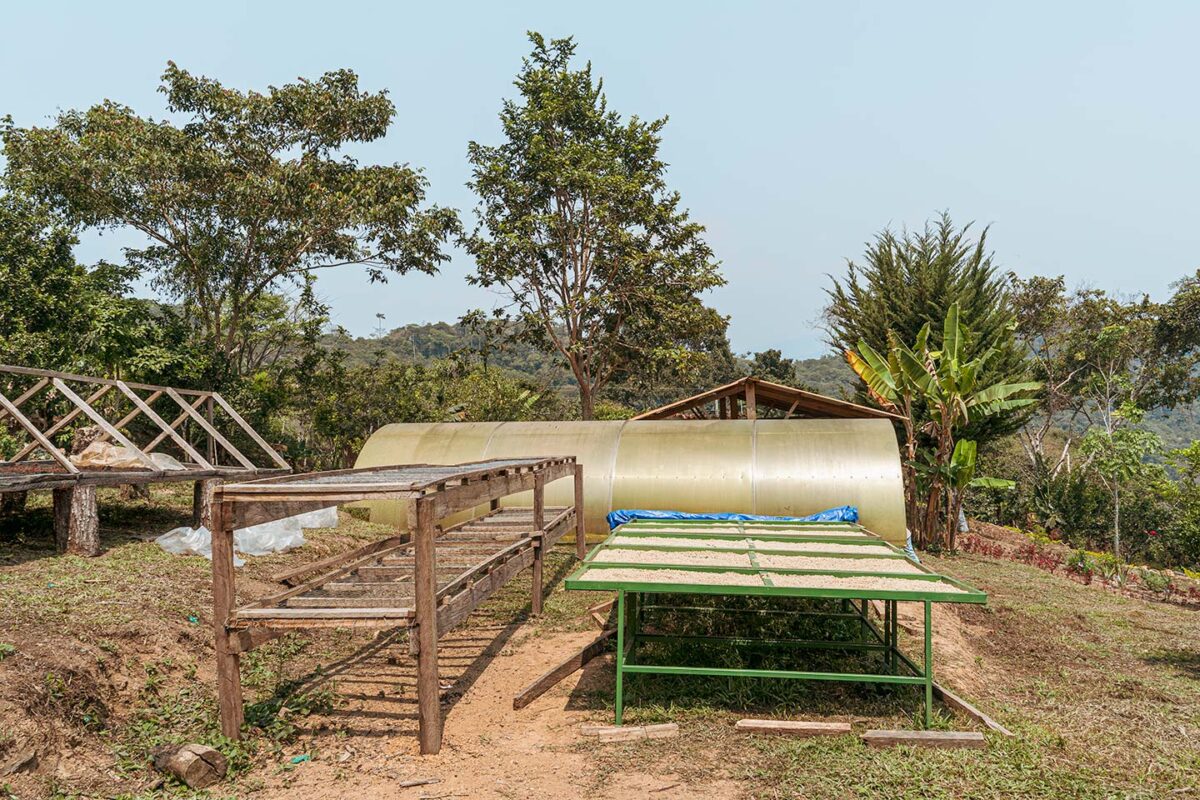
Choosing when to make a change
This year marks ten years since I entered the world of coffee, and seven years since I launched my own business. But somehow, I’d begun to feel like I had lost my direction. I’d been running the business for a while so I knew the business and sales potential of each shop. I knew that even if I did something different, like adding a new food to the menu, it wouldn’t be a hit big enough to affect the business significantly. I could see my life stretching out before me, ten, twenty years into the future and it wasn’t an exciting picture.
So the chance to take part in Lab came at the right time, it had always been a dream of mine to visit a coffee producing country. Yet, there was also a part of me that was nervous about the whole thing. I had never met any of the other roasters on the trip. I wondered what the producers would think, if they would welcome us or how they would feel about our visit.
I couldn’t shake my anxiety even after I arrived in Bolivia. For the first few days, I didn’t interact, I just listened, using my lack of Spanish as an excuse. But the truth was I didn’t know what questions to ask. I was so self-conscious of what people might think, that I was reluctant to even use the interpreter to talk to the coffee producers. I didn’t want to take up their time with my questions, when the other roasters had so many things that they wanted to ask. But I also knew that I was wasting this amazing chance and I had to do something soon.
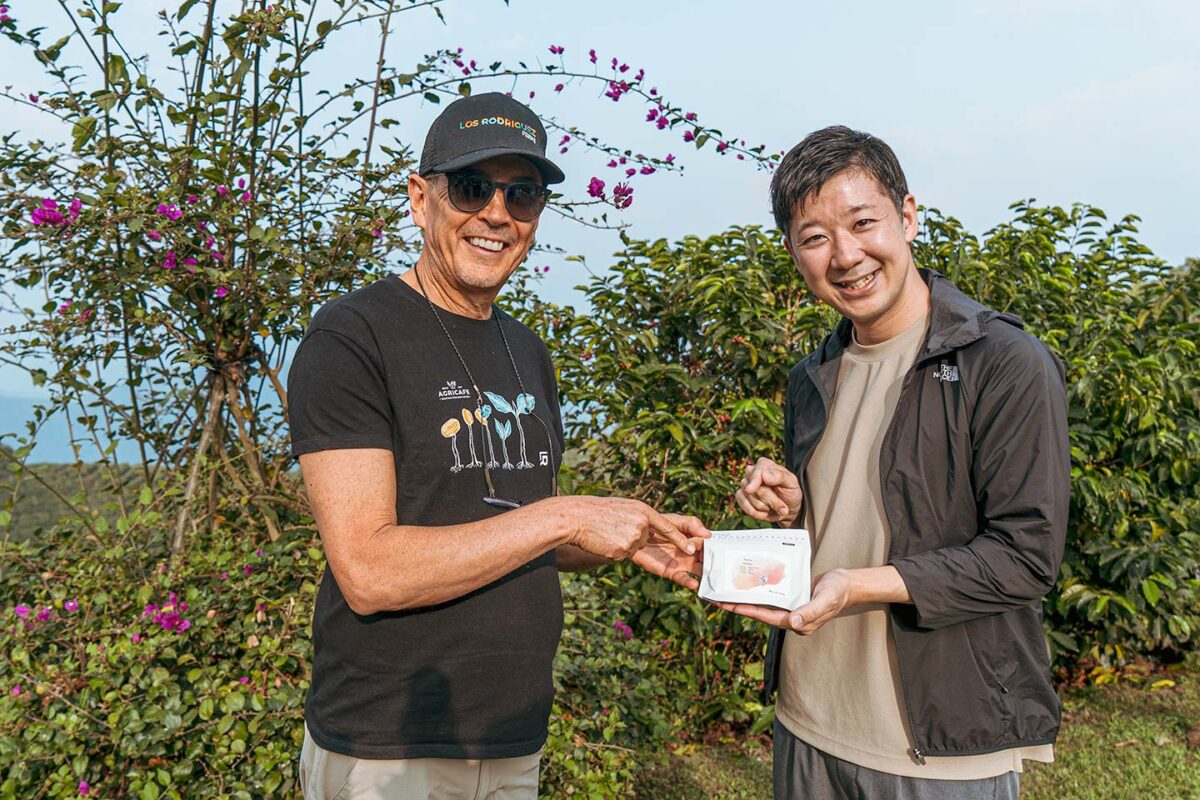
Around the third or fourth day, while we were driving to one of the farms, I made a decision. I decided to take control of my life and make this trip a turning point. I didn’t have to enjoy my time here, but I was determined to make it significant and worthwhile. Otherwise, I was wasting my time and everyone else’s.
I guess I’m the type of person who needs a clear goal to get moving. When I decided to launch my business, I had this goal of opening ten shops and that’s what pushed me forward, and drew people to me. So as soon as I decided to make this trip a turning point, my whole mindset changed. I was not going to let looking stupid stop me from asking questions. I was going to stop wasting my time worrying about trivial things. The trip would come to an end whether I did something or nothing, so I decided to finally take advantage of the chance I had.
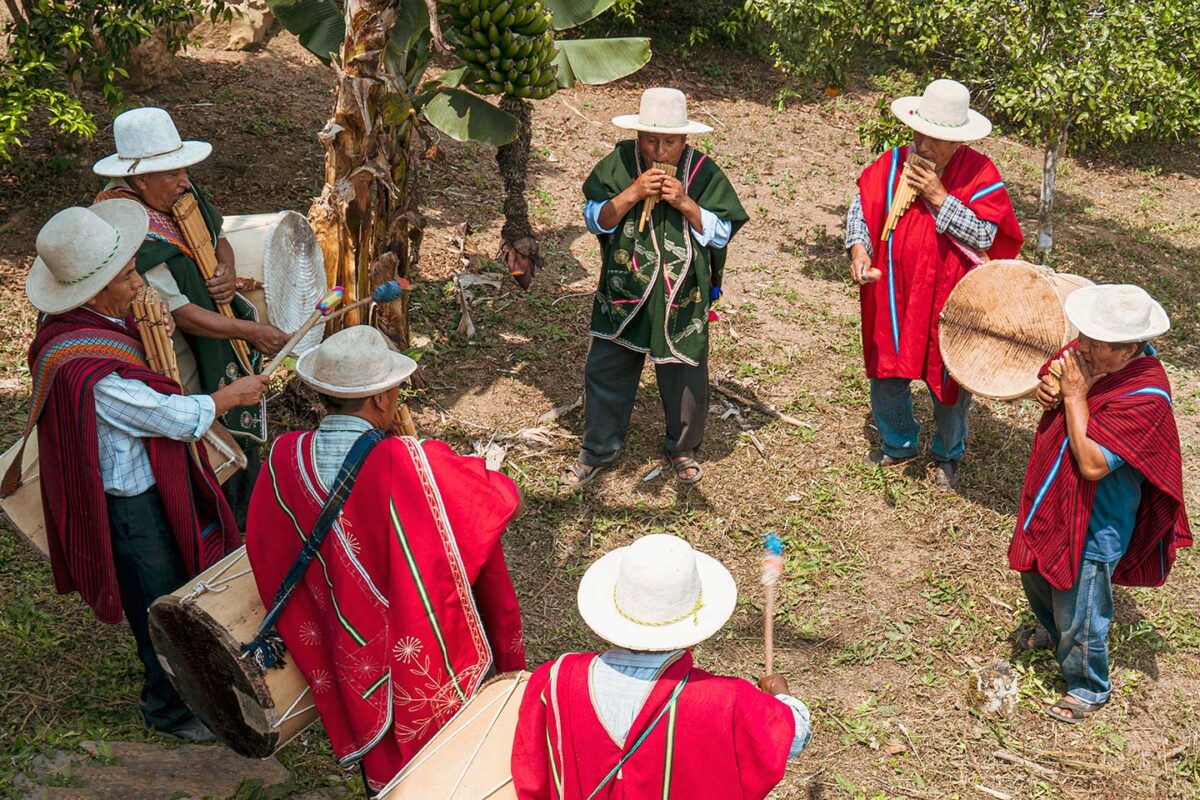
Inspired by determination and honesty
During the trip, I talked to Masashi Goto (founder of TYPICA) about how I’d been feeling toward my business. As we talked, I began to see that my whole focus was on the dessert and lunch menu at the cafe. I was so concerned with the spend per customer that I’d begun to think of coffee as a bonus, instead of the main attraction.
It was the producers that reminded me of what I should be focused on. When we arrived at the village, we were greeted by singing and dancing, and served a delicious meal. I could see that we were welcome here. People who were shy at the beginning soon warmed up as we got to know each other and everyone was friendly, always smiling and happy to chat with us.
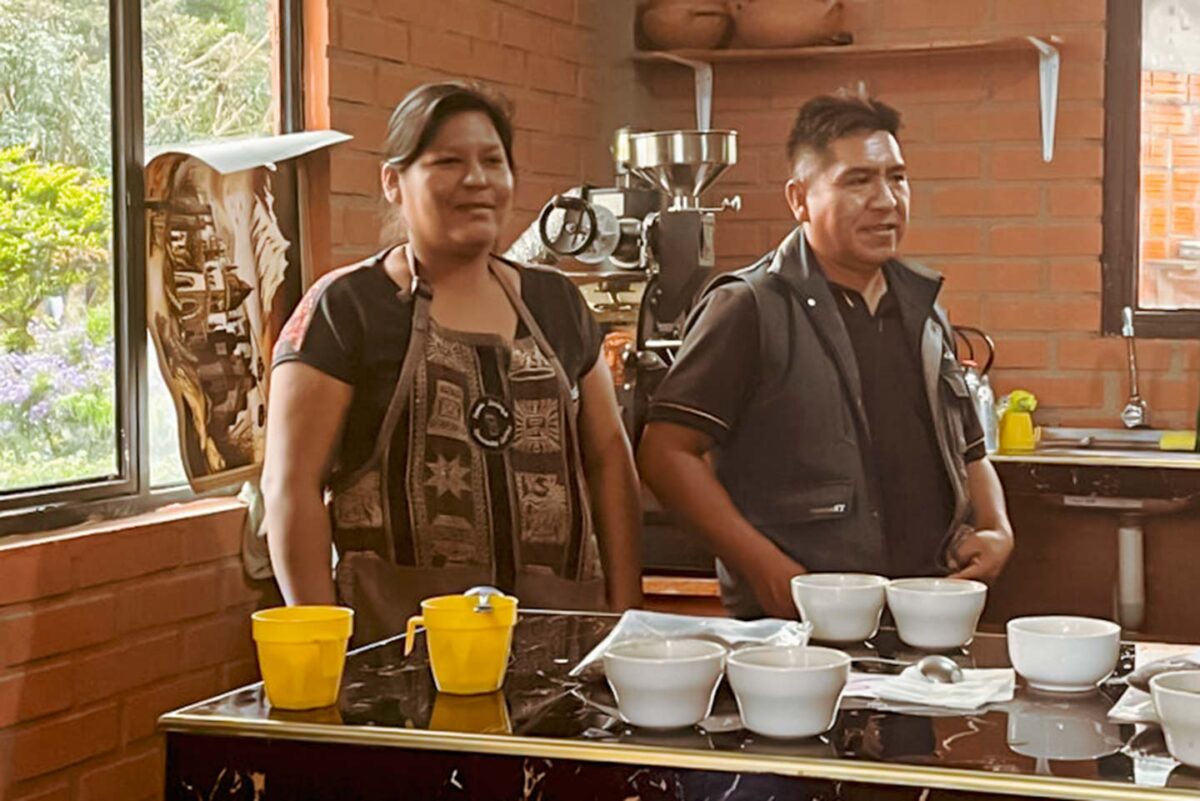
But there is one scene that will always stay with me. It was on the fourth or fifth day, and we were cupping either Carmelo’s or Andy’s coffee. I said something positive about the coffee, and instantly their expressions changed, their faces brightening into a huge smile. I’d never seen them so happy since we’d arrived. And I thought, “This is what I needed to see.”
Afterwards, I understood why they were so happy. The producers spend all their time thinking about how to improve the quality of their beans. It takes only a few minutes to brew a cup of coffee, but it takes a year to harvest the produce, sometimes up to two or three years. So no wonder Carmelo and Andy were so tense, stood there nervously waiting for our judgment, wondering if we’re actually going to buy from them or not.
Carmelo, Andy, all the producers have this singleness of purpose, this pure dedication to producing a coffee of excellent quality. And I knew that trying to express that in a cup, trying to communicate that to the customer would be a job worth getting excited about.

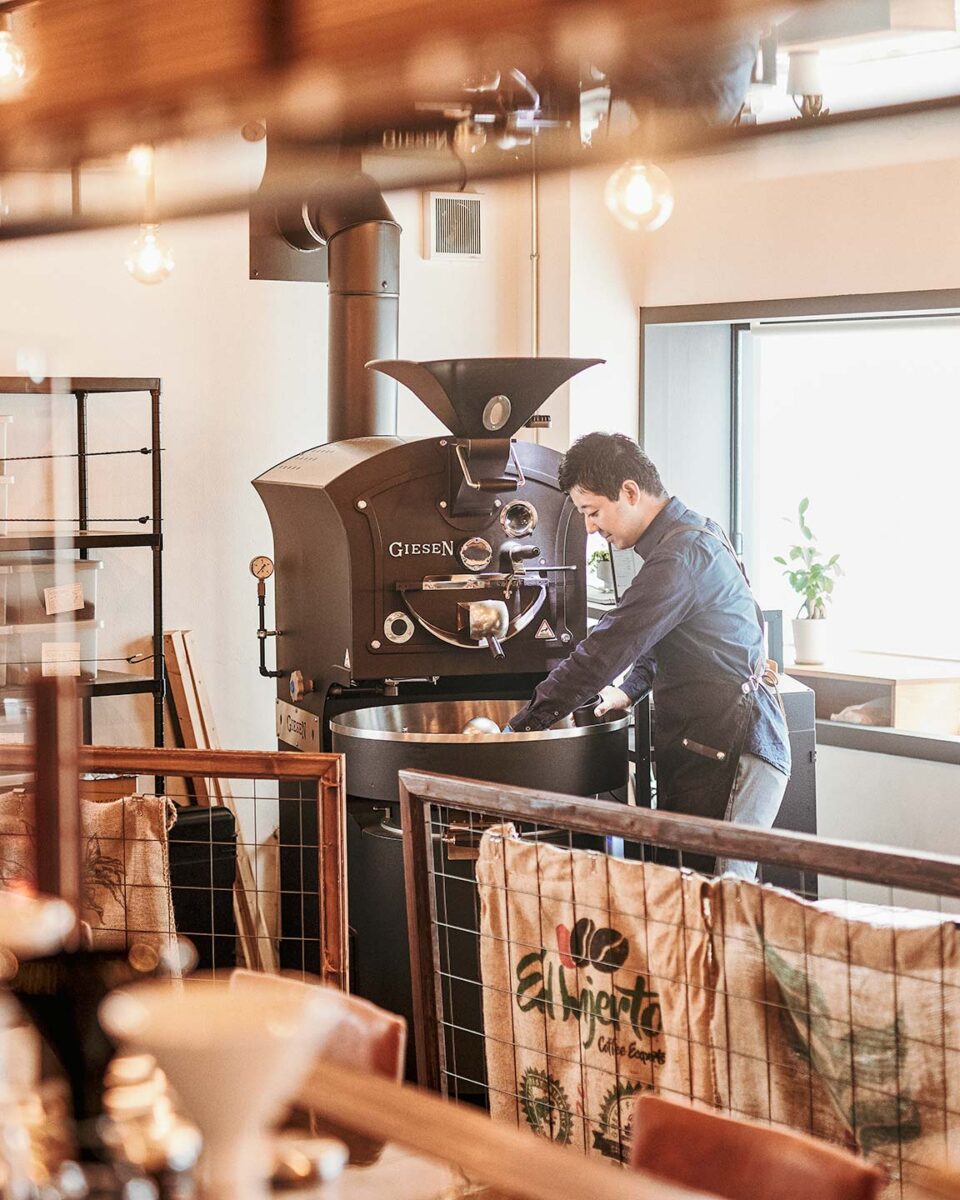
Growth is the method not the purpose
Naturally, I wanted to buy beans from the producers I met. It wasn’t a decision based on business considerations. It was something I knew I should and wanted to do. I decided to buy 40, 50 bags, and think about what to do with them afterwards.
This was around 10 times the usual 3 to 4 bags we bought at KEYAKI COFFEE. I needed a strategy. Firstly, I’d need a shop where I could sell the roasted beans. So I made KEYAKI COFFEE into an incorporated company with that plan in mind.
After attending Lab, I realized that somehow, opening ten stores had become my purpose. But that was not my original reason for beginning the business. After the Great East Japan Earthquake in 2011, I wanted to bring some positive energy and happiness back to my hometown of Sendai, one of the places affected by the disaster. I’d seen coffee as my way to do that, but somehow, that original purpose had gotten lost.
If I wanted to sell more beans, I needed to increase the volume we were roasting. Other roasters were averaging 1 ton a month, but at Keyaki coffee we usually roasted around 200 kg beans monthly. As I’m the only person who roasts, if I’m not there, no roasting gets done. That meant that the expensive roasting machine I’d invested so much money in was not being used anywhere near to its full potential. And that’s why I couldn’t take the business to the next level.
We should be roasting the whole day. Hiring or training someone else to do it when I can’t. If we sell those beans then, theoretically, we’d make more profit. Then we’d need to train more staff and open another shop. Once I could visualize this plan, I knew where I should open the new coffee shops and I told the staff that we would be opening five more.
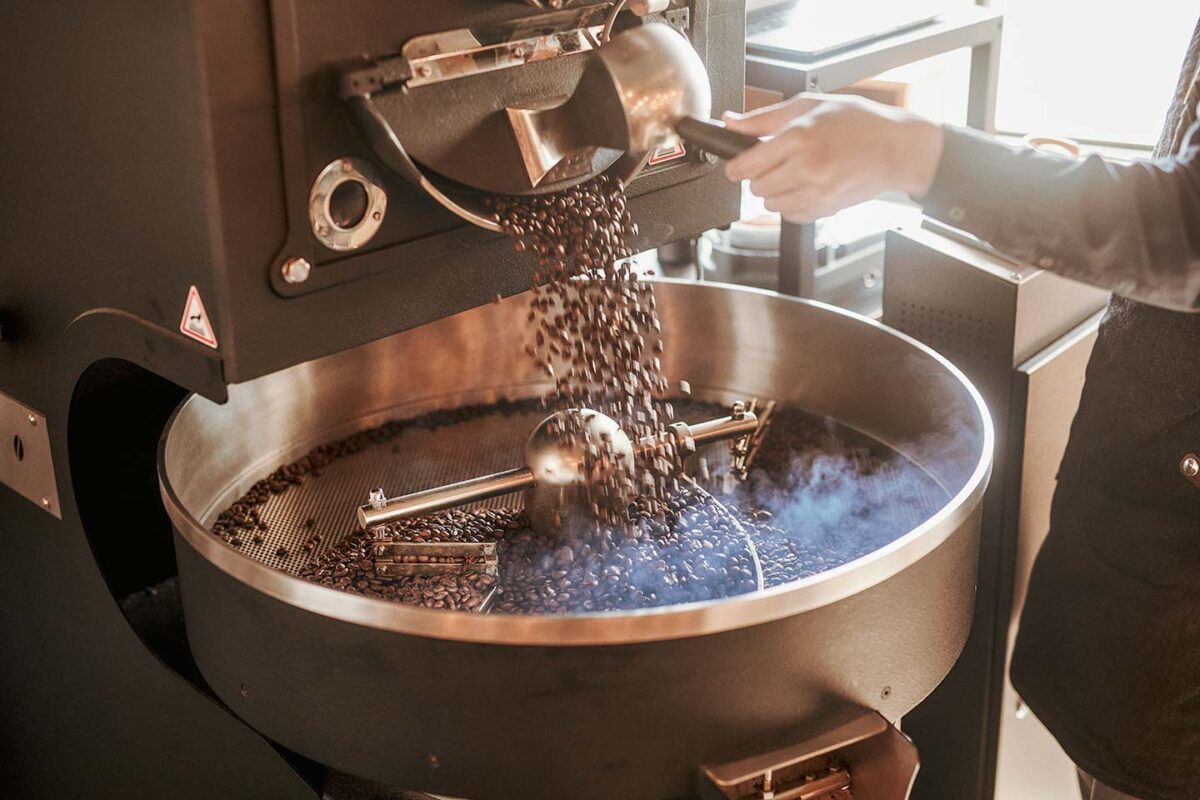
When I got back from Bolivia, I added a new item to the menu: A coffee tasting set. Customers could try two different coffees and find out for themselves what the difference was, and what profile appealed to them most. Both the spending per customer and the sales of roasted beans went up, each having a positive effect on the other.
It seemed this was what I needed to break my limits. In November, our roasted bean volume was over 400 kg. Taking part in promotional events helped, but still, in only a short time since getting back from Bolivia, I was impressed by how we had managed to increase the volume by 100 to 200 kg.
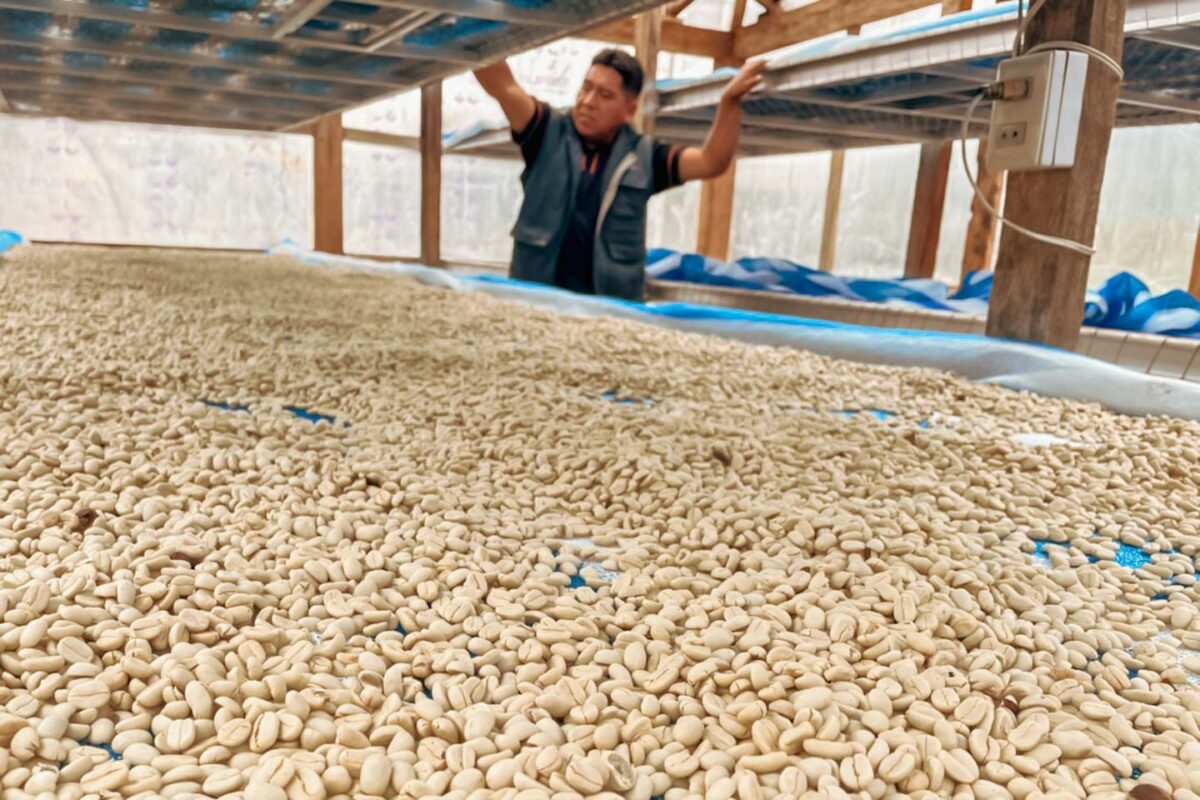
Sharing my friend’s coffee with more people
I’ve also changed the way I select the greens. Before Lab, green beans were based on my own preferences: Sweet, smooth and with a clean aftertaste. But now I buy beans based on whether or not I know the producers. As soon as I see Andy or Carmelo’s name, I click the button and pop the beans in the cart. I don’t even consider my personal preference now. I know them, and I know that creating something good is what they are all about.
Knowing who made the beans also gives me an idea of the flavor I can expect, and then I can adjust for profile in the roasting process. Roasting and brewing coffee from producers I know makes it feel as if I’m sharing my friend’s coffee with my customers. It adds something special to the experience for me.
I intend to keep buying from the coffee producers I know, contributing to their business and livelihood. Now that I’ve had the chance to connect with producers in Peru and Bolivia, I want to meet more in other coffee producing countries. The more I meet, the more friends’ coffee I can share, and the more people I can bring my coffee to.
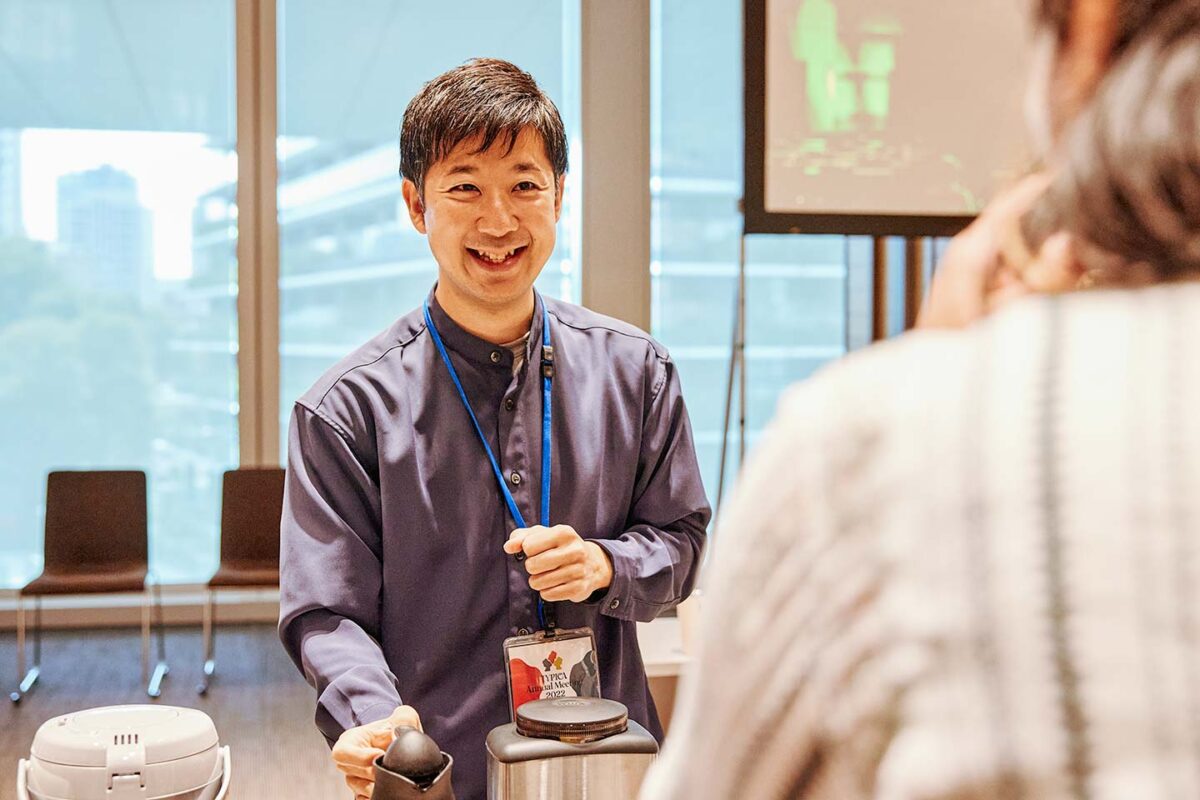
I became very busy when I got back from the trip. I was invited to the Bolivia debriefing, online orders increased and we brought our pop-up shop to more events. All the pieces started slotting into place.
In the past, I didn’t want to take part in the pop-up shop activities. Once I got to the event, I usually enjoyed it, but getting there and setting up took so much time. Instead, I’d send one of the staff members, using the excuse of “they need the experience.” And while the hassle of doing it was one reason to say no, I also thought that these events were not worth attending because they had little to no benefit to the business.
But since coming back from Bolivia, I’ve had a total change of heart. Now, I go to all the events. I finally understood that I should be the person running the pop-up shop at these events. I want to tell people about my experience, and share the stories of these coffee producers on the other side of the world. I’d be happy if by serving coffee to more customers, I could help change people’s awareness, even if it’s just one person. It’s a slow process, but even the smallest effort can make a difference.
Right now, I go to any event we’re invited to. Near or far, no more saying no. Every time is a chance to introduce these stories to someone new. The more people we reach, the more likely I can grow the business.
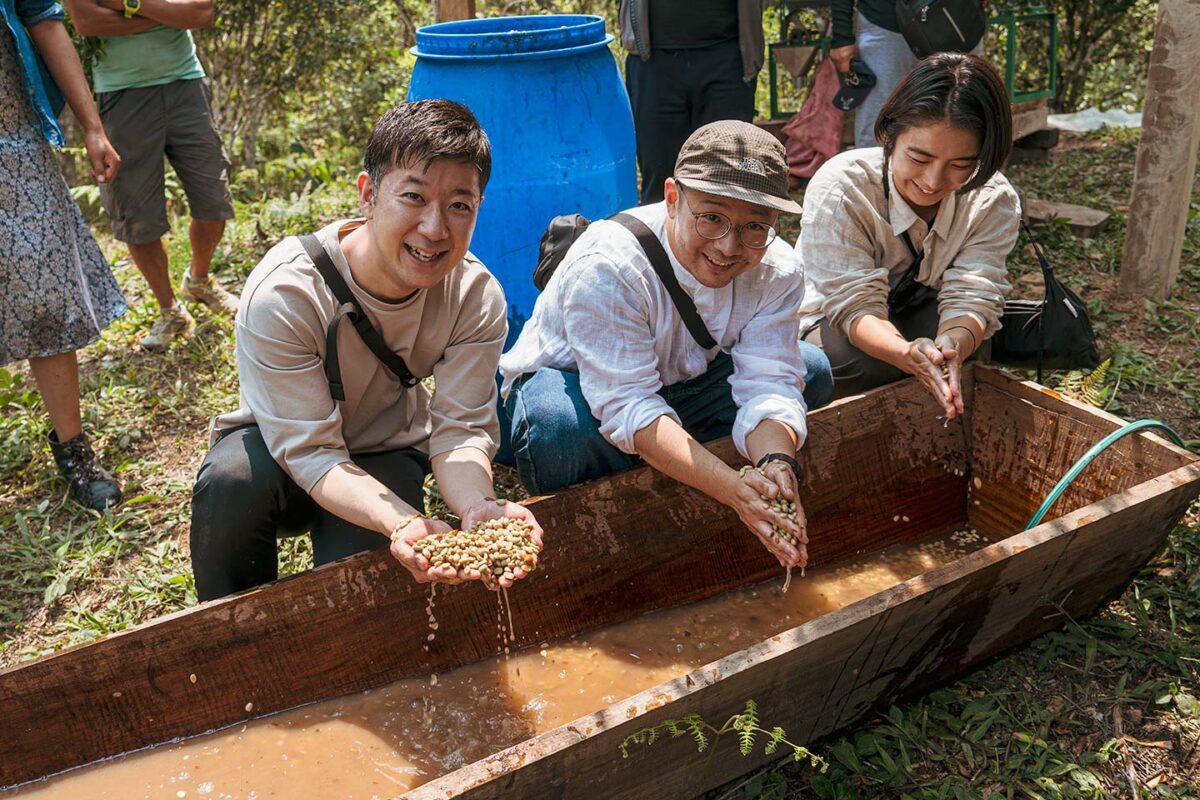
The coffee producers are completely dedicated to making something the best it can be. In the world of specialty coffee where quality is everything, if you begin to focus on your own gains, you’ll never do anything great. The producers are not thinking about profit and loss, but something more important. They’ve taught me a lot about coffee and myself, both of which I still need to keep working on.
Lab also made me more aware to not take the producers or my teams for granted, and to make sure I show them my appreciation. I’ll be rolling out my plan over the next two to three years so that one day, I’ll be able to look back and say, that was the turning point.